Ice in Doha?
If you search the internet for ice and Doha, you’ll find out where you can buy ice in the capital of Qatar and where you can go ice-skating. Yes, even in the middle of this desert region you can indulge in a game of ice-hockey. The energy needed to chill the ice comes from burning fossil fuels, of which the country has plenty.The ice that interests the ice blogger, the ice of the Arctic, the Antarctic and the world’s glaciers is unfortunately suffering badly from those same CO2 emissions. Interesting food for thought, as this year’s UN climate conference kicks off in Doha. More on that from my colleague Andrea Rönsberg.
Qatar currently ranks number one or number three on the list of the world’s top per-capita emitters of greenhouse gases, depending on which figures you take. The country could do wonders for its environmental image by agreeing to some firm emissions reductions targets during the negotiations. Of course in absolute terms, it’s China and the USA that have to take action to reduce their emissions soon if we are to get anywhere near keeping to the two degree target. The latest studies by UNEP and the World Bank tell us quite clearly we are heading for three, four or more degrees, unless the major emitters do something soon.
This year saw the Arctic sea ice declining to a record low. The Greenland ice sheet is melting faster than expected. Climate change is also affecting the ice of the Antarctic. What happens in the Gulf city of Doha is of key importance to the future of our ice – which, in turn, helps keep the planet cool. The ice blog will be following developments in Qatar with great interest over the next two weeks. Watch this space.
The state of the climate report
This will probably be the last blog post for a few weeks, as the Ice Blogger is looking forward to a long, relaxing holiday. Let me draw your attention to the “monthly global state of the climate reports” published by the National Climatic Data Center of NOAA.
It seems slightly bizarre to see some of the anomalies and records there for September described as “Global Highlights”, but assuming we mean highlights in terms of particularly striking events as opposed to features to rejoice about, let me give you a few for September from the NCDC report:
The average combined global land and ocean surface temperature for September 2012 tied with 2005 as the warmest September on record, at 0.67°C (1.21°F) above the 20th century average of 15.0°C (59.0°F). Records began in 1880.
The globally-averaged land surface temperature for September 2012 was the third warmest September on record, at 1.02°C (1.84°F) above average. The globally-averaged ocean surface temperature tied with 1997 as the second warmest September on record, at 0.54°C (0.97°F) above average.
The average combined global land and ocean surface temperature for January–September 2012 was the eighth warmest such period on record, at 0.57°C (1.03°F) above the 20th century average.
![]() read more
read more
Oil from the Arctic: to drill or not to drill…
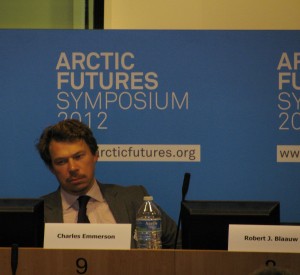
Charles Emmerson listening to the presentation by Robert J. Blaauw, senior Arctic Adviser with Shell.
Is not such an easy question to answer, Charles Emmerson from the British think-tank Chatham House told the Arctic Futures conference hosted by the International Polar Foundation and the EU committee of the regions in Brussels. In a session on the future of energy resources in the Arctic, he said it depends on various factors, including geographical location, economic costs and geo-political aspects. Emmerson was co-author of a study Arctic Opening: Opportunity and Risk in the High North for Chatham House and Lloyds.
![]() read more
read more
Arctic Futures up for Debate
I am in Brussels at the moment for a symposium being held by the International Polar Foundation looking at future scenarios for the Arctic. It has been an interesting day with representatives from the Arctic countries giving their perspectives on Arctic change and what consequences it is likely to have. With the future of energy resources as one of the key topics, it is hardly surprising that Greenpeace were demonstrating outside the conference venue this morning, drawing attention to their campaign to save the Arctic from oil drilling.
![]() read more
read more
Warming oceans mean smaller fish
Scientists at the University of British Columbia have just published a report in the journal Nature Climate Change indicating that fish will get smaller as climate change warms the oceans and reduces the oxygen available to fish in the water.
The scientists used computer models to come up with global projections. They have come to the conclusion that the maximum body weight of fish could go down by 14 to 20% between 2000 and 2050. The tropics would probably be the regions affected most.
The researchers were surprised at the large decrease the models are predicting. They think we may still be lacking some interesting “piece in the puzzle of understanding climate change effects in the ocean”, says lead author William Cheung from the UBC Fisheries Centre.
It seems likely that it would be harder for bigger fish to get enough oxygen in the water, so they would stop growing earlier. Clearly, this would have big impacts on food security. Fishy food for thought as international action still falls drastically short of what we’d need to limit warming to 2°C.



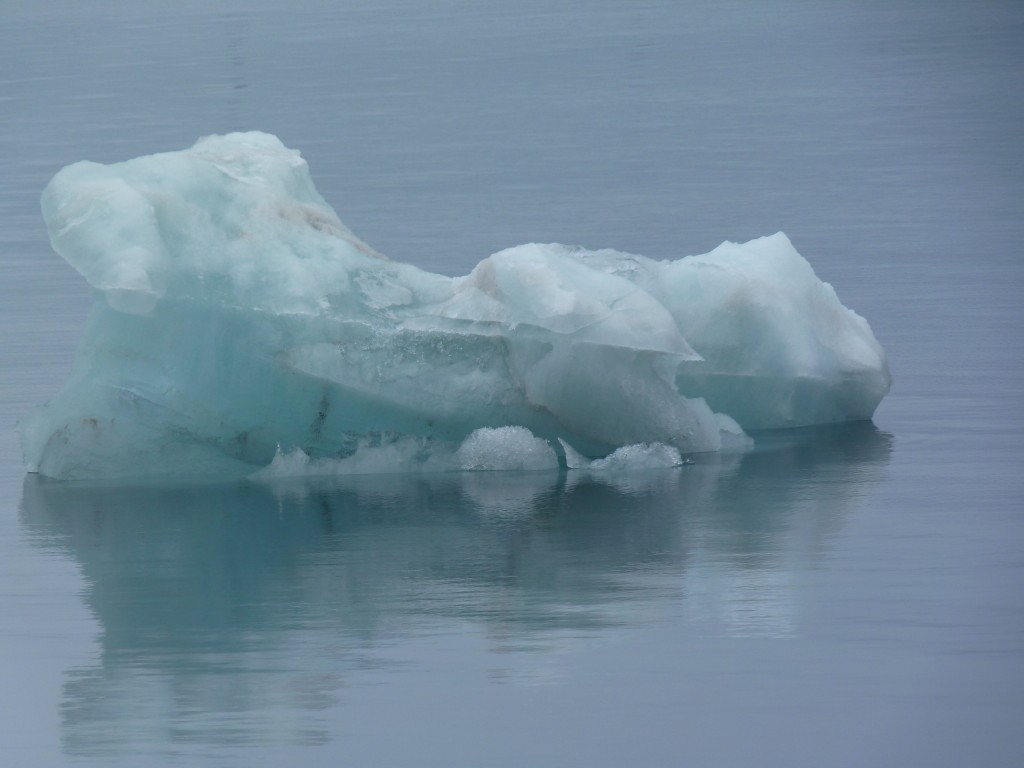

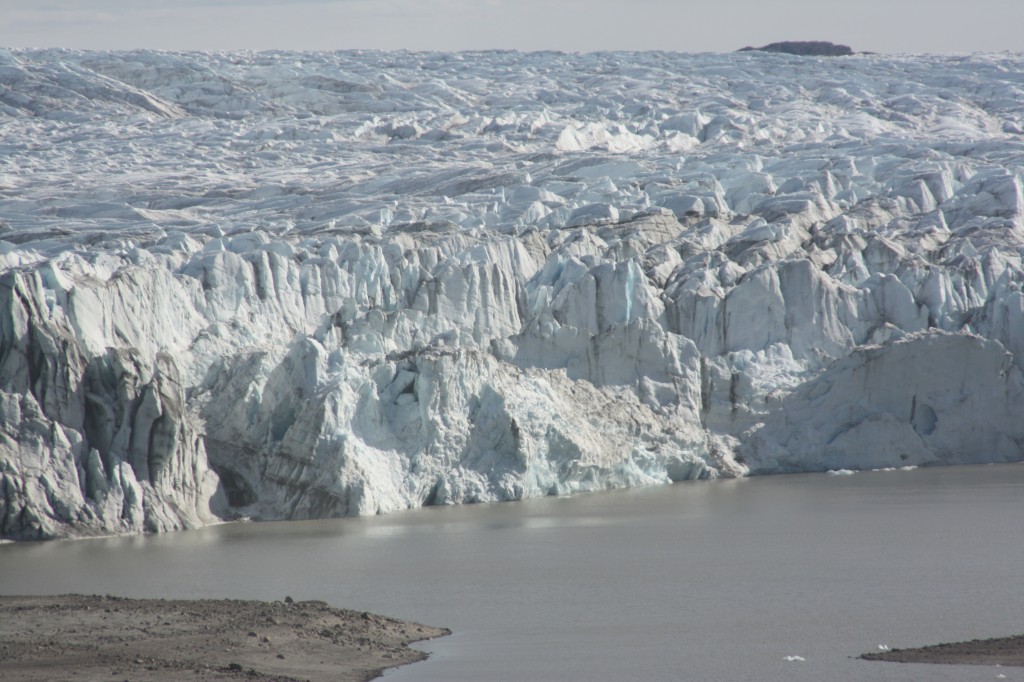
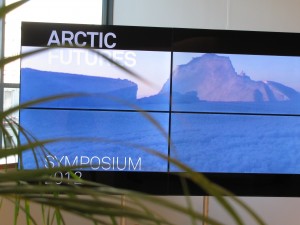
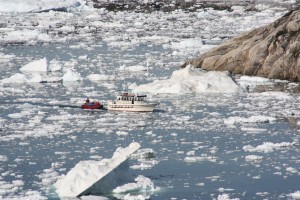
















Feedback